Hydrogen energy is an efficient and clean new energy, but the high cost of producing hydrogen fuel makes its wider application difficult. Chinese scientists have recently developed a new approach to produce a series of high-performance platinum alloy catalysts, which is expected to lower the cost of hydrogen fuel cells significantly and promote their industrialization.
With platinum-based catalysts, hydrogen fuel cells can convert chemical energy into electricity through a chemical reaction between hydrogen and oxygen. Platinum, a precious metal that serves as a key element in this chemical reaction, makes hydrogen fuel cells very expensive.
Liang Haiwei, a professor at the University of Science and Technology of China who led the research, has developed a sulfur-anchoring approach for the synthesis of platinum-based alloy catalysts that can reduce the use of platinum to one-tenth of its amount of commercial platinum-carbon catalyst to achieve a similar fuel cell performance. It took Liang and his team members five years of research to obtain this outcome.
"Platinum accounts for about 40 percent of the production cost of hydrogen fuel cells. We aim to reduce the price of hydrogen fuel cells by reducing the use of platinum," said Liang, adding that this new approach has laid a solid foundation for achieving the goal.
The research result was published in the journal Science on Friday.
"This work is one of the most comprehensive and systematic studies of intermetallic nanoparticle formation and their resulting catalytic properties. This accomplishment is quite impressive. In that regard, the manuscript will be read and cited broadly," one of the journal's reviewers commented.
Liang said there are still many challenges before putting the approach in real-life application, and his team has forged cooperation with relevant companies for further development of the technology.











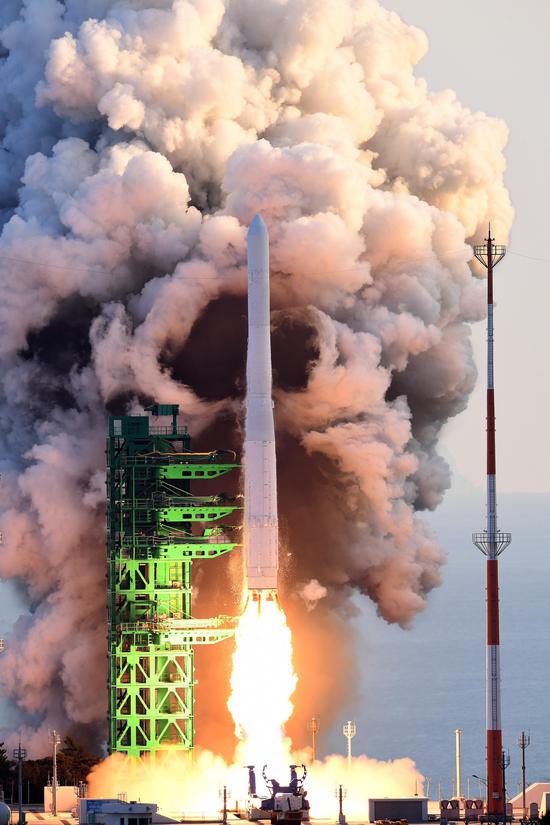
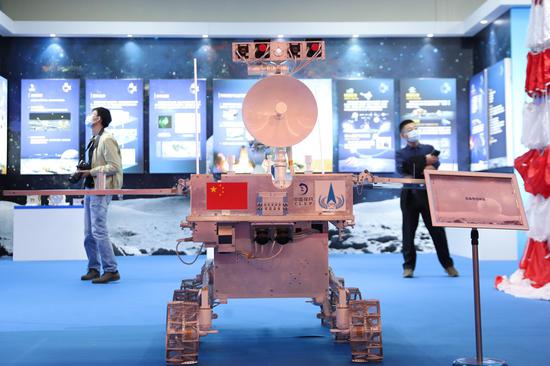


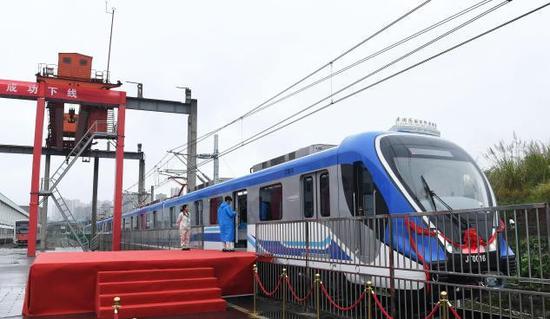








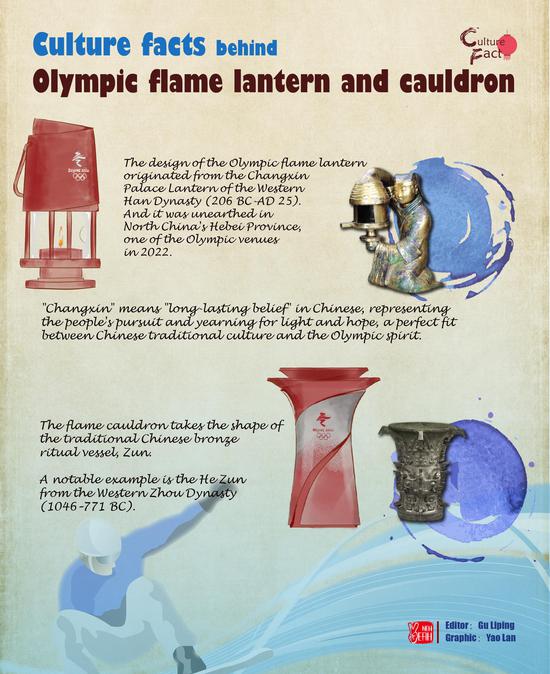


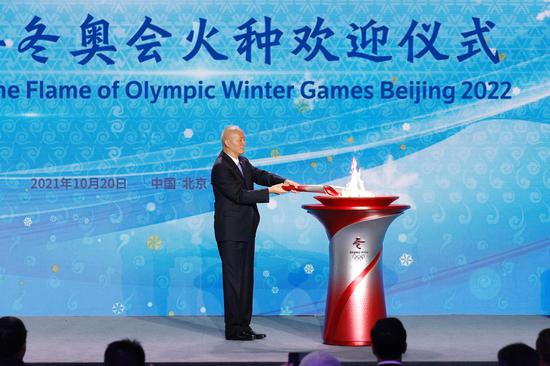
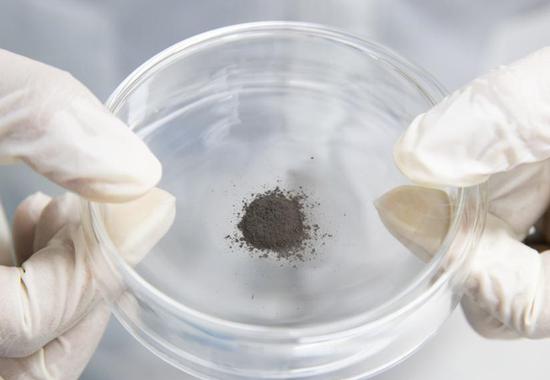
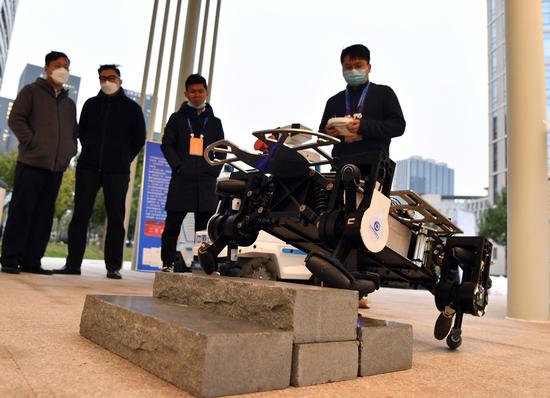







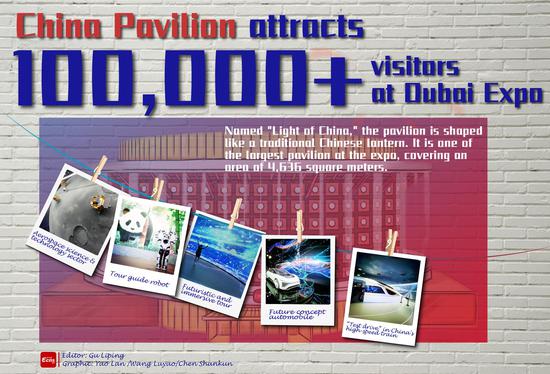












 京公网安备 11010202009201号
京公网安备 11010202009201号